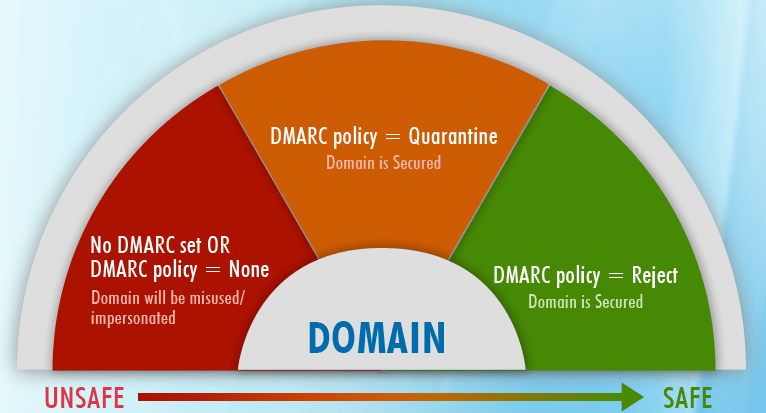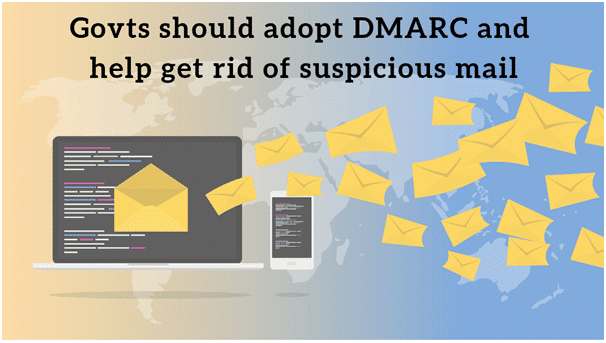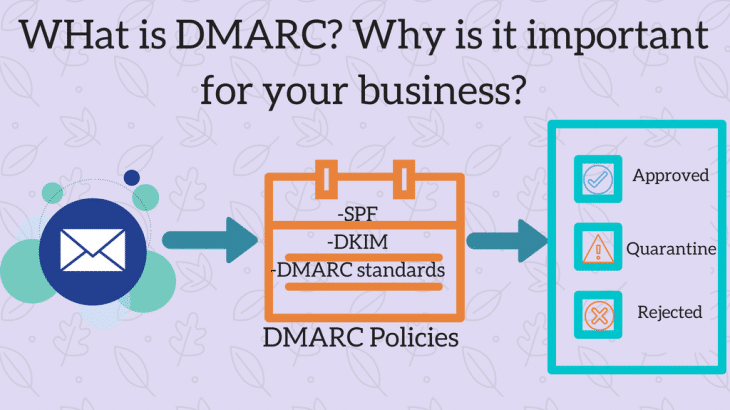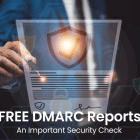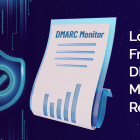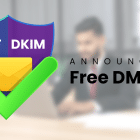Prevent Mails from Going into Spam
By setting DMARC, you signal to the mailing engine that it can trust any communication from you. The DMARC email authentication standard indicates to receiving mail servers how to evaluate emails that claim to be from your domain.




